The PML-N government is facing multiple challenges - political, economic and legal. Time, it seems is fast running out, with the sands of public's patience petering out if visible public discontent is taken as a barometer - expressed in spontaneous protests against over billing or in ever rising numbers attending Imran Khan's jalsas. However the leadership of the party, as during previous stints in power, is externalising its problems instead of admitting mistakes or as Shakespeare put it succinctly "the fault Dear Brutus is not in our stars but in ourselves that we are underlings."
Political challenge by the opposition is expected in democracies with the opposition trying to project itself as a viable government in waiting. Post-2008 Pakistan the focus of the leader of the opposition has been different premised on our history of establishment intervention in the political system: both Chaudhry Nisar and Khursheed Shah (chosen by their party leader as the Leader of the Opposition) have engaged in rhetorical attacks against government policies routinely - both inside and outside parliament - but have supported each other's government whenever required prompting accusations of muk makaa (deal) by Pakistan Tehrik-i-Insaaf (PTI) Chairman Imran Khan. Critics are baffled as to why Nawaz Sharif with an overall majority in parliament nonetheless sought support from the Pakistan Peoples Party during the last joint sitting of parliament; others argue that he was engaged in the politics of unanimous resolutions to send a message of unity to the establishment - a trend that gathered momentum during the Zardari-led government as an integral component of the politics of reconciliation. Be that as it may, during the early days of the PTI and Pakistan Awami Tehrik (PAT) jalsa the Prime Minister took the unprecedented step of not only attending the joint session of parliament for over two weeks (a practice that he has since abandoned) but suppressed his Interior Minister from responding to Chaudhry Aitzaz Ahsan's tirade which, to critics, implied letting off the two warring gentleman from ehtesaab thereby reinforcing the muk makaa charge. The outcome of the joint sitting of parliament was that Nawaz Sharif did get a unanimous resolution passed but its nature was generic (support of constitution and parliament) and not Prime Minister specific support.
Members of the PML-N who surround the Prime Minister maintain that the political challenges facing the government have declined with the unexpected departure of Tahirul Qadri from the country with conspiracy theorists accusing the government of playing a major role in Qadri's departure. However, the perception that his departure from Constitution Avenue would sound the death knell of PTI's nightly jalsas (given that it was the PAT workers who, through their physical presence 24/7, pressured the government rather than Khan's supporters who appeared in the evening to listen to their leader) has proved inaccurate. The numbers are not as many as during the early days of the PTI dharna yet they are large enough to warrant daily print and electronic media's coverage. Thus with media interest not waning and with the government attack guard daily denigrating Imran Khan's statements the dharna remains infused with a life which must partly account for the heavier than expected attendance at Khan's jalsas around Punjab. His decision to lead a jalsa in Larkana on 21st November has reportedly become a source of concern to the PPPP high command with stalwarts of that party stating privately that they expect the provincial administration to discourage and downplay any interest in attending the Khan jalsa. The jiyalas, others forecast, would be out in force to attend the Khan's jalsa to send a message to their leadership of discontent though they may not vote PTI in the next elections.
The question is: can the government resolve the PTI issues peacefully? And the answer is in the affirmative because there is not only a need felt by all parties as well as the public to iron out serious issues in our flawed electoral system, including appointments in the Election Commission of Pakistan, but also to give some semblance of legitimacy to the 2013 elections through the passage of legislation that bars any elected member of any assembly to seek recourse to a court of law over and above the relevant tribunal's decision. To compel his supporters to rhetorically attack Khan on a daily basis has not really made the government any more popular or indeed legitimate.
Nawaz Sharif is also facing internal dissatisfaction with his second tier leadership angered at the high-handedness of his carefully-selected kitchen cabinet represented by his close relatives and aides' that for all intents and purposes has yet to deliver on any manifesto promise. Background interviews with many PML-N leaders show that discontent against the Sharif style of leadership is spreading though they are unwilling to come out as a group against the party yet. The first stone, however, has been thrown by Sardar Khosa, a long time Nawaz Sharif loyalist. Khosa's motives are undoubtedly personal as he was angered at overtures of luring the rival Legharis into the cabinet and his son's forced resignation on allegations of murdering his wife. But, Khosa argues, the Sharif brothers are overlooking his family's long term loyalty by wooing the Legharis and the charge against his son must be seen in light of Hamza Shahbaz's harassment of his wife as well as Shahbaz Sharif's continuation as the Chief Minister in spite of the fatalities in Model Town on 17th June. And like the Khan's jalsas, Khosas's attacks are finding a receptive audience within PML-N as well as the general public given the state of the economy.
Interest in Khan's jalsas and Khosas' attacks with the Go Nawaz Go battle cry emanating even from the mouth of babes is only partly explained by general acceptance and support for their allegations against the PML-N government. The main reason remains the poor performance of the economy attributable to flawed policies and appallingly poor governance. The most recent cause of fuelling general public discontent is the recent announcement of fuel price decline by the Prime Minister - a decline attributed to the international decline in the price of fuel and a concurrent rise in the electricity surcharge by up to 1.50 paisa (different rate on different consumers) thereby not passing on the decline in international fuel prices to the electricity consumer.
A decline in petrol price should have been routine as part of the policy to pass through a decline in the international price of fuel to domestic consumers yet the announcement came from the PM's office fuelling charges that he used it to gain political mileage. And to add to public concerns Imran Khan has calculated that the actual decline should have been around 15 rupees and not under 10 rupees. As if this was not enough the petrol pumps throughout Punjab, the PML-N stronghold, refused to open as a protest against the price decline and the Prime Minister's office released a statement that the Prime Minister has written a letter to the chief ministers requesting them to ensure that the decline in the price of fuel be passed onto the consumers - a directive that he himself did not follow as the price of electricity was raised by first 30 paisas through the imposition of a surcharge and last week by up to 1.50 rupees per unit.
Inexplicably the decision to raise electricity charges was taken surreptitiously and due process was violated by not calling a cabinet meeting to approve the rate rise as required thereby enabling the Finance Minister to show compliance with the IMF condition to raise rates by 7 percent without making the Prime Minster complicit in the decision in the eyes of the general public. But surely the government must be savvy enough to realize that a consumer would know the rate rise when he receives the next bill.
The government is facing a host of legal cases challenging its decisions - some flawed including the reluctance to implement the highly-lauded Supreme Court verdict on the process of recruitment of chief executive officers of state-owned entities, and the Prime Minister's eligibility. While speculation is rife in the capital that it would be the judiciary's decisions on these cases that would determine the political future of Nawaz Sharif yet one would assume that the forces of discontent, if they are allowed to continue to strengthen, would, if past history is any precedence, coalesce into the fall of the government.
To conclude the political and economic challenges facing the government today are of its own making. Politically there is a need for the government to engage with the PTI on electoral reforms as well as barring its elected members from taking recourse to stay orders in the event that a tribunal rules in favour of the PTI's demand for a vote recount. At the same time it needs to heed its own second-tier leadership, other than those who surround the prime minister, and to engage with grass root PML-N supporters. And finally the government should surely be aware that the public is not as stupid as not to realize that the utility rates are directly impacting on the purchasing power of each rupee earned.
BR100
15,080
Increased By
21 (0.14%)
BR30
43,233
Increased By
302 (0.7%)
KSE100
149,027
Increased By
211.5 (0.14%)
KSE30
45,254
Increased By
47.3 (0.1%)


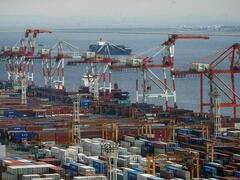


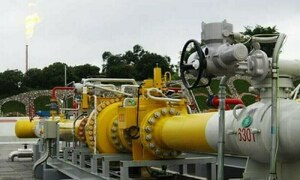
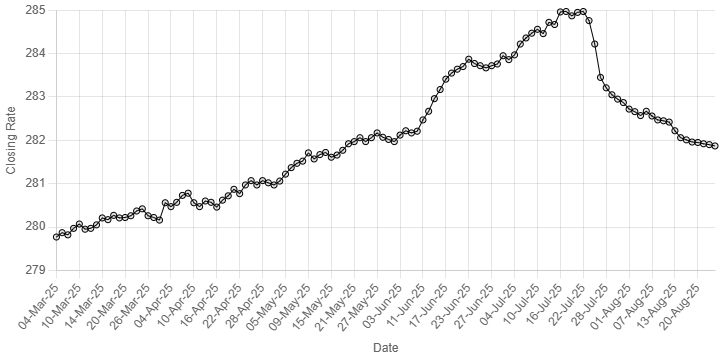
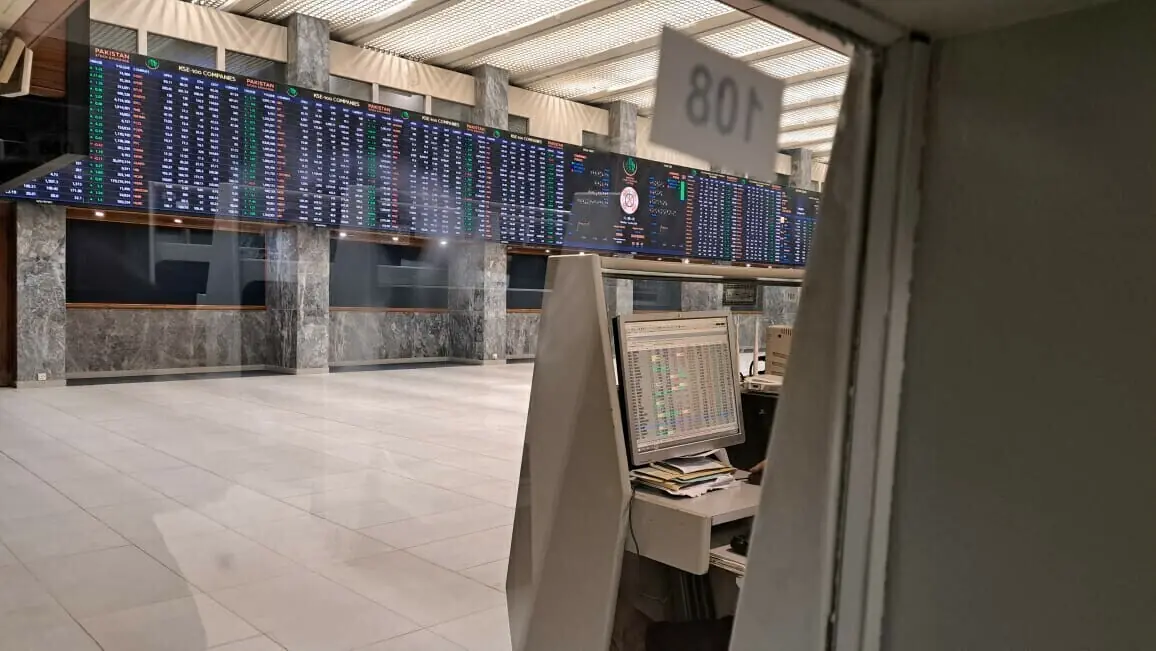
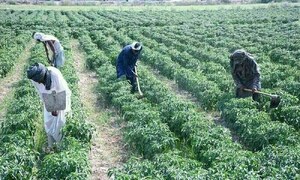
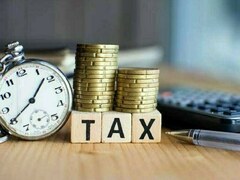
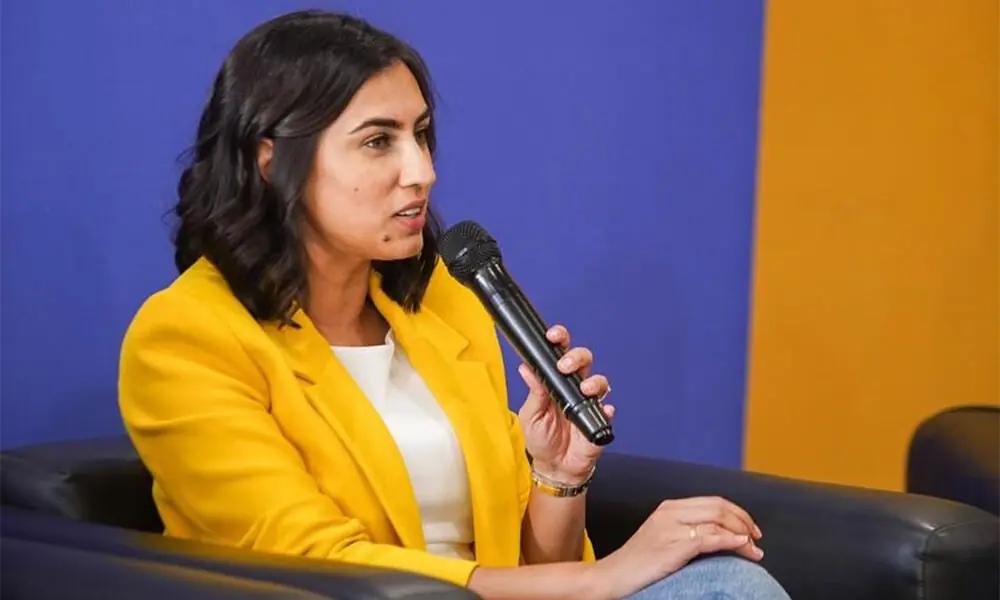
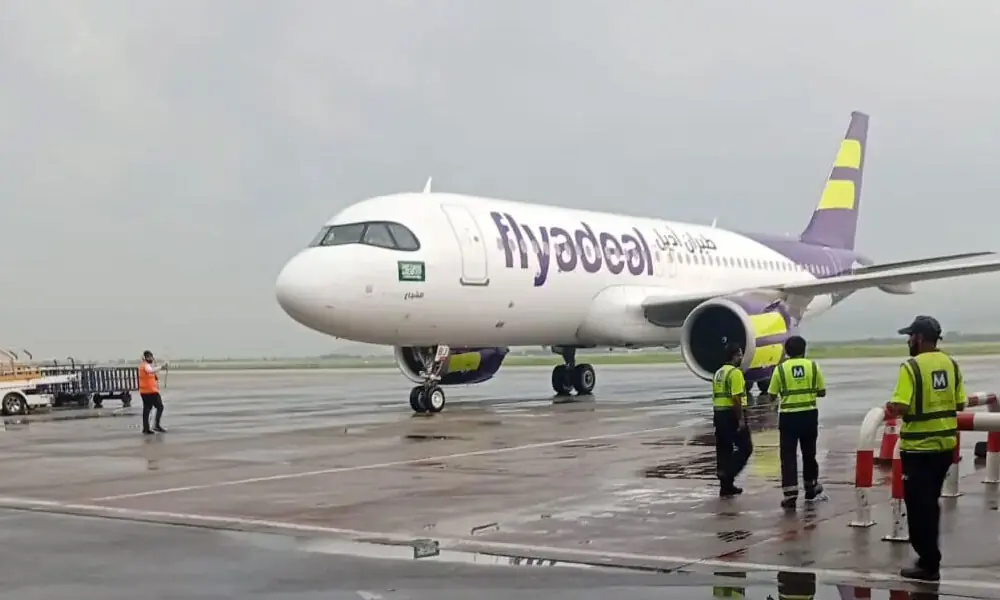

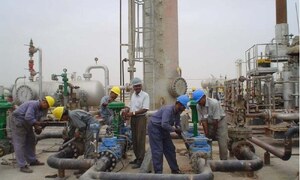
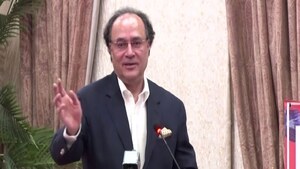
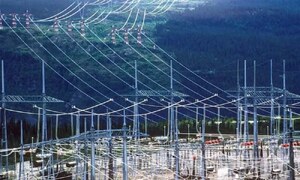

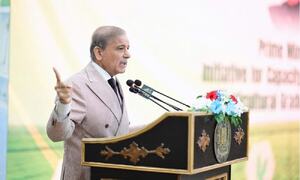
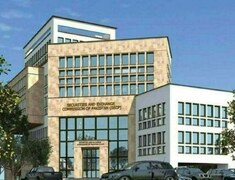
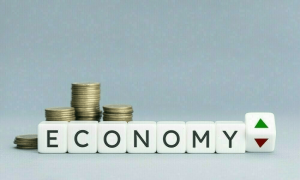
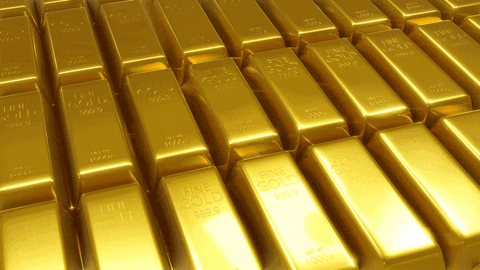
Comments
Comments are closed.